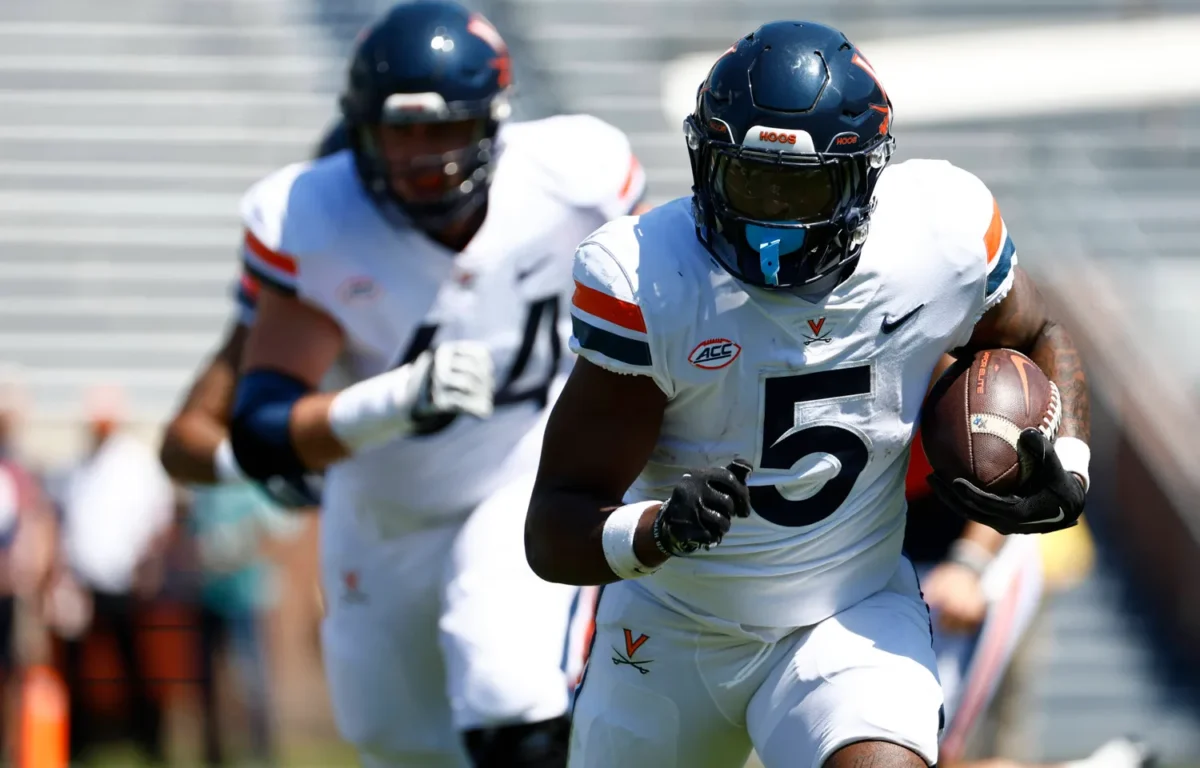Charlottesville, VA (CVILLE RIGHT NOW) – “It’s a crazy time,” admitted Lo Davis, Executive Director of Cav Futures, during a recent interview on Morning News, as he discussed the rapidly evolving landscape of college athletics. He illustrated the point by adding, “I was on the phone with an agent last night at 10:00.” Davis, who is also a UVA baseball alum, highlighted a significant shift in recruitment dynamics, stating, “now instead of Mom, dad and the student athlete being the first interview of the first line of defense, it’s now the agent.” This transformation, he explained, necessitates a new level of engagement with professional representatives in the initial stages of athlete recruitment.
The conversation then discussed the complexities surrounding NIL deals and the impending House settlement, both of which will significantly impact revenue sharing and salary caps within college sports. Davis stressed the importance of transparency and clear communication, particularly in light of recent controversies at other institutions. He emphasized UVA’s commitment to “do it the right way,” a guiding philosophy in navigating these evolving rules. “Everyone that arrives here on grounds, they know what they’re getting and they know that we’re going to stay true to who we are and what we do,” Davis explained, underscoring the importance of setting clear expectations.
Looking ahead, Davis acknowledged the challenges posed by the upcoming transfer portal window, opening on Wednesday, and the delicate balance between short-term recruitment needs and long-term financial planning. He praised the collaborative efforts of his team and athletic department staff in managing the intricate details of this new era. Despite the complexities, Davis remained optimistic about UVA’s ability to compete at the highest level, citing the university’s commitment to investment and the positive reception from incoming athletes. He concluded by reiterating the critical importance of protecting student-athletes and maintaining the integrity of the program.
Listen to the full conversation here:



